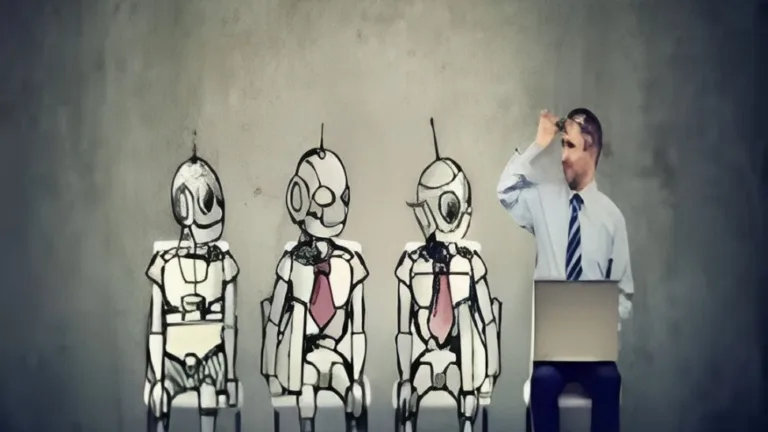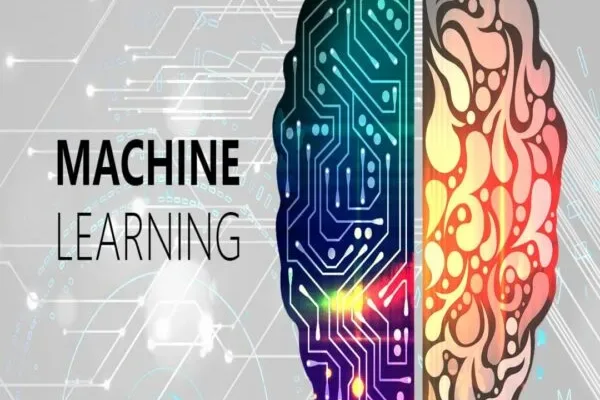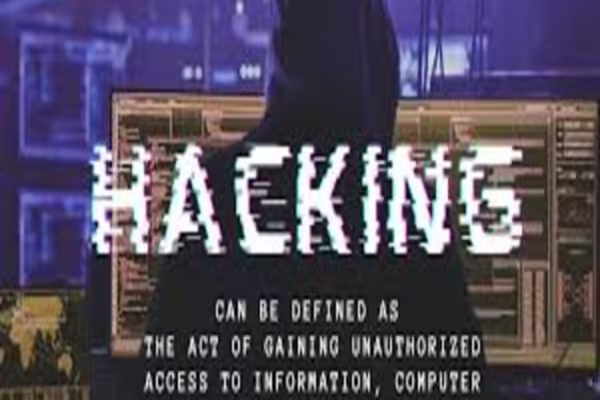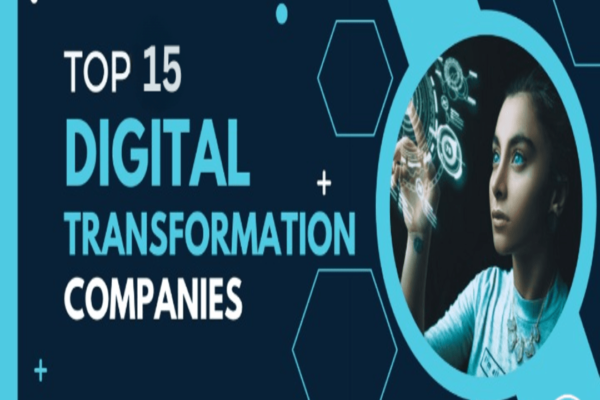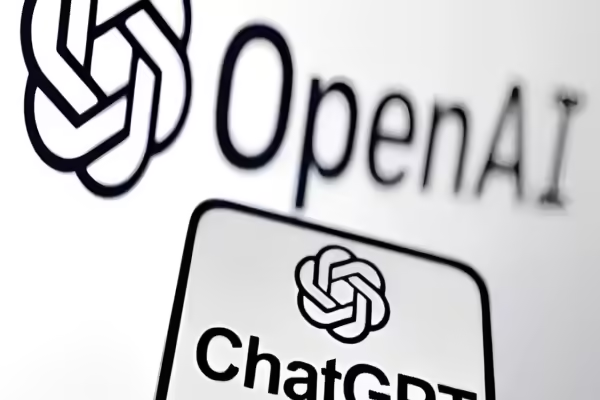It wasn’t until November 2022 that I realized how much of a threat artificial intelligence could be to jobs. However, I’m now quite concerned about how it will affect our economy. Whatever previous thoughts I may have had on the subject are replaced by this viewpoint.
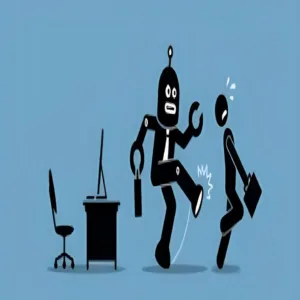
Permit me to share a recent encounter with you. I chose to use GPT-4 to draft a vendor distribution agreement that I had to write. I was surprised to see that the results were on trend with my expectations from my own lawyer.
Furthermore, when I requested the A.I. to provide me with market insights, it produced some very impressive analysis that I used at trade shows. We may be able to gain extremely useful insights if we improve these models using industry-specific data.
Not only can A.I. write, but it’s also proving to be a skilled coding partner, which lessens the need for us to bring on more developers.
The World Economic Forum predicted in 2020 that the changing nature of the work force between humans and machines might result in the displacement of over 85 million jobs globally by 2025. To combat these shifts, they also predicted that over 97 million new roles will develop.
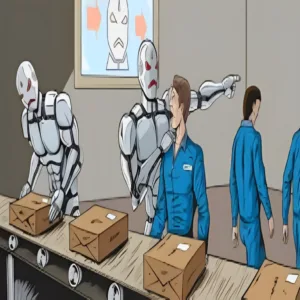
The problem is that these aren’t simply entry-level jobs that we’re discussing. Tasks that an AI could easily perform, such data organization and text summarization, are common in higher-paying positions. Therefore, it’s not only about the workers at the bottom of the pyramid; even managers may discover that they have less work to do.
Coming from someone who is heavily active in A.I. business ownership, that’s kind of strange, but I think we should have some serious discussions about the nature of labor in the future.
For governments around the world, this has to be their main concern. We must figure out how to welcome technological advancement without throwing millions out of work. There could be some very stormy days ahead of us if we don’t take action quickly.
So, Will A.I. Kill Jobs?
Yes, almost definitely. The problem is that not all low-skilled jobs will be in danger. Indeed, AI has the potential to significantly change the nature of labor as we know it in the future. We’re talking about a degree of damage for which a lot of people are unprepared.
Consider it this way: AI is not the same as robotics or machines of the past. It is continually changing, growing into new markets and uses. Furthermore, it is getting on jobs that call for emotional intelligence, creativity, and logical reasoning in addition to replacing physical work.
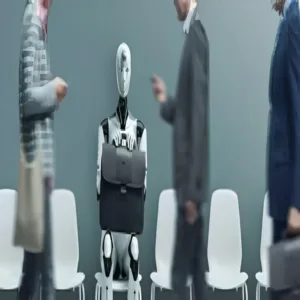
Of course, A.I. might not be able to perform all tasks, at least not just yet. Positions requiring communication abilities, creativity, and flexibility in decision-making might last for a long time. But when A.I. develops further, even those could be in danger.
What then is the solution? Some believe that training workers for higher-level tasks relating to artificial intelligence works. It’s easier said than done, though. The gap between our education system and technology breakthroughs is already growing, and it will only become worse. To overcome the economic impact from widespread job displacement, we need strong social measures like universal income programs and higher salaries.
How swiftly artificial intelligence is developing in fields traditionally linked to creativity surprises me. AI-generated art is currently a challenge for artists, competing with their own works. Even while human artists might still have something special to offer, the world of art is evolving quickly. It serves as a reminder that we must adjust to the new, artificial intelligence-shaped reality.

